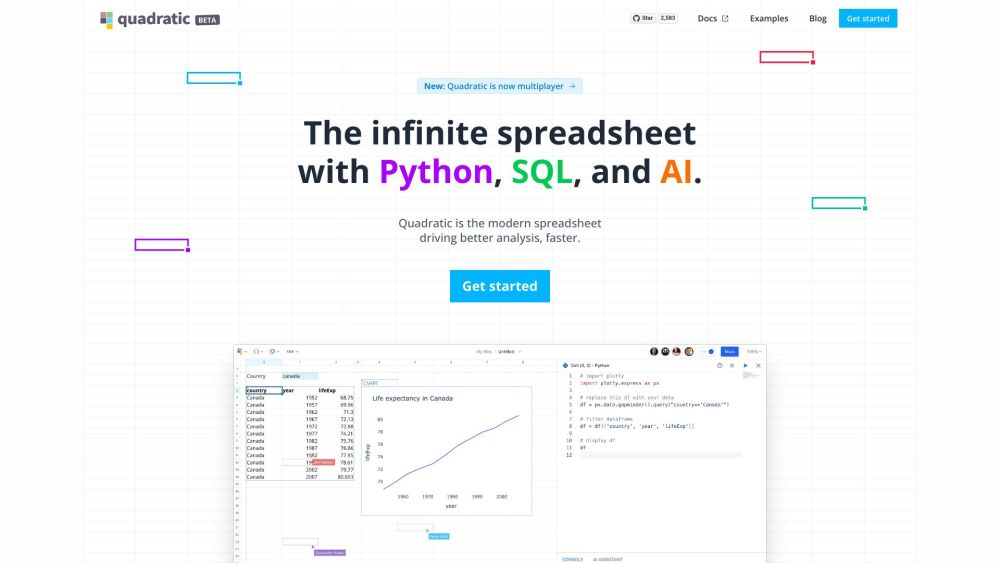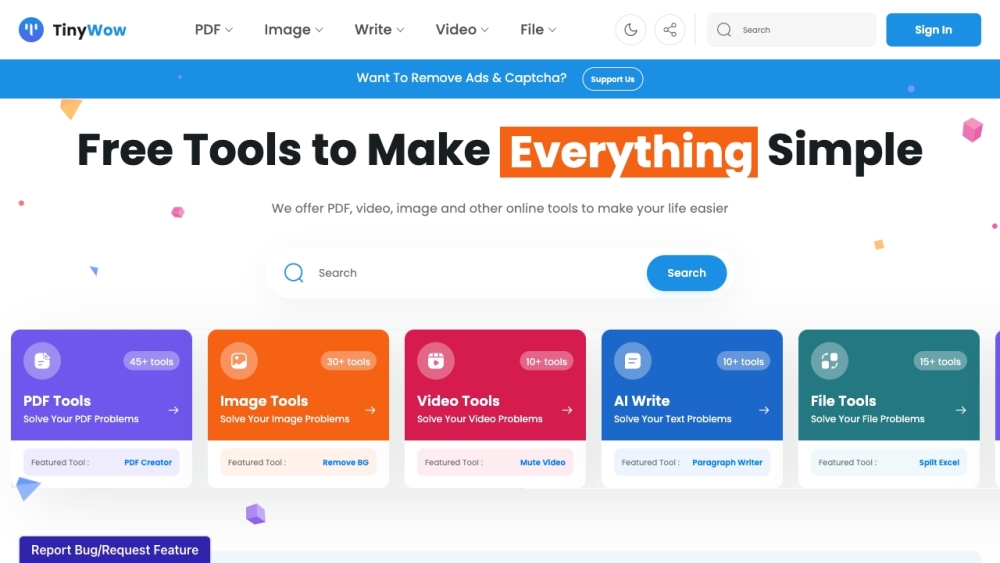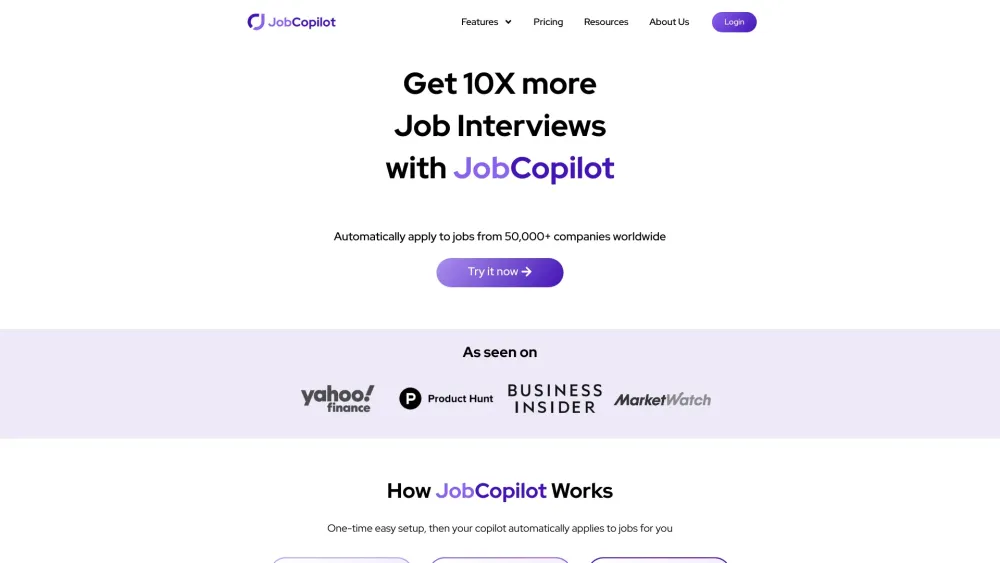Meta Platforms has taken a bold step in the AI landscape with the launch of Llama 3.1, its most advanced artificial intelligence model to date. This cutting-edge model powers Meta AI, the company's AI assistant, which has been integrated into its major platforms: WhatsApp, Messenger, Instagram, Facebook, and Ray-Ban Meta, with plans to expand to Meta Quest next month. The deployment of Llama 3.1 has the potential to provide advanced AI capabilities to billions of users worldwide.
Yann LeCun, Meta’s chief AI scientist, made waves on X.com with a striking claim about the newly released model, stating, “Llama 3.1 now powers Meta AI, which is quickly becoming the most widely used AI assistant.” This statement directly challenges the dominance of OpenAI’s ChatGPT in the AI assistant market. If true, LeCun’s words may signal a significant shift in the future of AI accessibility and development.
Open-source vs. Closed-source: Meta’s Disruptive Strategy in AI
At the heart of this release is the Llama 3.1 405B model, which features an impressive 405 billion parameters. Meta asserts that this model's performance competes with leading closed-source models, including OpenAI’s GPT-4, across various tasks. Unlike its competitors, Meta’s decision to make this powerful model open-source marks a clear departure from the proprietary strategies of companies like OpenAI.
This development comes at a critical moment for Meta, following a $200 billion loss in market value earlier this year. CEO Mark Zuckerberg has shifted the company’s focus toward AI, moving away from the metaverse. He stated, “Open source will ensure that more people around the world have access to the benefits and opportunities of AI,” positioning this as a direct challenge to OpenAI’s business model.
While Wall Street analysts express skepticism about Meta’s open-source approach and its monetization potential compared to OpenAI’s estimated $3.4 billion annual revenue, the tech community has reacted positively, viewing it as a step toward greater innovation and broader AI accessibility.
AI Arms Race Heats Up: Implications for Innovation, Safety, and Market Leadership
The Llama 3.1 model features notable enhancements, including an extended context length of 128,000 tokens, improved multilingual support, and better reasoning capabilities. Additionally, Meta has introduced the “Llama Stack,” a series of standardized interfaces designed to simplify development with Llama models, facilitating transitions for developers accustomed to OpenAI’s tools.
Despite the excitement surrounding the release, the potential for misuse raises valid concerns. While Meta asserts that it has implemented comprehensive safety measures, the long-term consequences of accessible advanced AI remain contentious among experts.
As the AI race accelerates, Meta’s latest initiative positions it as a formidable contender against established leaders such as OpenAI and Anthropic. The impact of Llama 3.1 could redefine the AI industry, influencing market dynamics and development practices.
The tech community is closely monitoring how OpenAI and other leaders will respond to Meta’s challenge. As competition intensifies, the implications for AI accessibility, innovation, and market leadership are uncertain, placing OpenAI’s dominant status in jeopardy.





